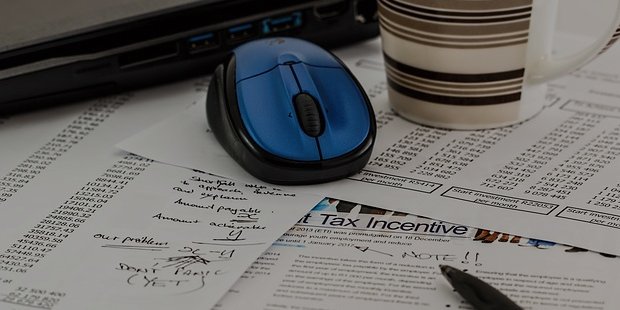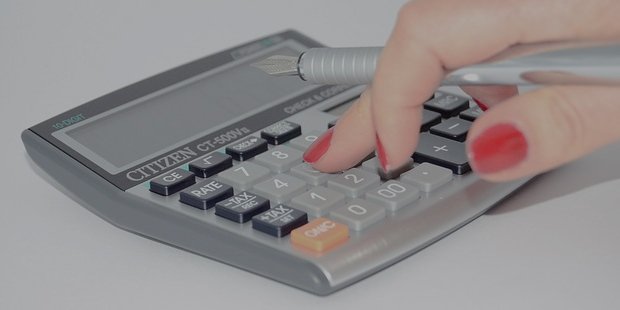Top 12 Ways to Make Your Money Work

You don’t really need to be a Wall Street whiz kid to be financially independent. For long you must have worked hard to earn money; however, have you ever considered how to convert your hard work into real currency?It is critical to realize the fact that 'money is important'. You can achieve your long-forgotten desires; make your dream come true and what not. However, in order to reach to the level of financial independence, you need to follow certain precise measures for the money to do the work for you.Follow these steps and be a free bird from the ancestral heredity of spending without being mindful.
1. Kick off the Debt

You should ideally start by making a list of all the debts you have and plan to go about clearing them at the earliest. Being debt free is a great feeling.
2. Track Your Debts

Track all your debts and make a list of the interest and how much you are supposed to pay.
3. Manage Your Time

Time management in repayment is crucial. Devise strategies in order to pay off your debts effectively. You can work over-time, or even work part-time to manage your payment.
4. Speed Of Repayment

You need to check on how much 'extra' money you have or you can make each month. That way you can speed-up the repayment of your debts.
5. Say Goodbye to Credit Cards

Once you are over the debt, cancel all your credit cards and shopping cards. This is one way of making your money speak, rather than work for you.
6. Budget

Budgeting does sound intimidating at first, should be laid down at flexible levels. These needs not to be stringent, keeping you from enjoying your income, but should be precise enough to enable you store some cash at the end of the month.Once you have set up your budget, you will easily be able to track your expenses, where you need to be more watchful and how much more you can save.
7. Income-Expenses Ratio

Prior to following a budget, it is advisable to be mindful of your income (fixed as well as variable) and expenses. This will be useful in managing your budget, tracking expenses of both fixed as well as variable expenditure. Ideally you should be able to keep aside 10–20% of your income.
8. Track Expenses

You should be able to evaluate the list of expenses each month. There are numerous programs online that can assist you in tracking the money.
9. Saving for the Future

People tend to ask a lot of time what's the point of saving money when you have enough to pay your monthly bills and simultaneously live quite a decent life.The answer to this has some sort of plurality associated with it. You can save for an unexpected financial crisis, health issues, car repair, or simply for your retirement.
10. Emergency Savings

It is often the most admired suggestion to save for emergencies. Life is unpredictable, thus it is wise to set aside few extra bucks to avoid being bankrupt.
11. Retirement Plans

This comes with supplementary responsibilities too – children education, marriage and vehicle etc. The early you start saving for your retirement, the better would be the days ahead for you.
12. Your Dream Home

Who doesn't want to own a home? It is always a smart decision to save money aside for the down payment. The more you can save for your home, the better as property is always an asset.It is important to realize the fact that people work and work hard just to earn those extra few bucks. However, what you are doing with those extra bucks to make them work you makes all the difference.









